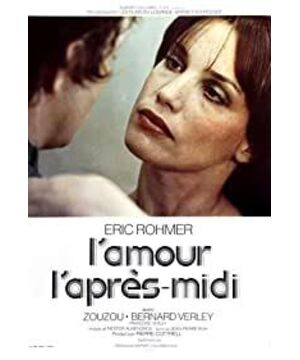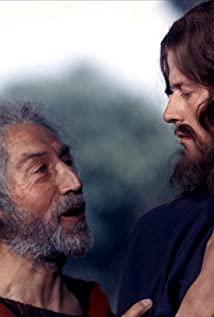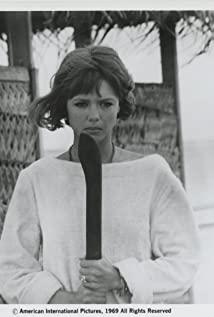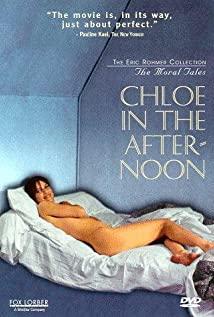In a small office in Paris, he and she meet again after many years.
He is a beautiful man, with a classical Greek beauty in his face structure, a beautiful and docile wife and a three-year-old daughter, a lawyer career that many people admire, and he lives the ideal life of the world. Of course, a life that is too good can easily make people tired, and he is willing to make some small waves to add some freshness to the calm life, even though this subconsciousness crawls deep in his heart. But as long as life gives him a chance, he can find the object of his fantasy on the bus, in a fashion store, in a coffee shop, and stop at it.
Until Destiny graciously pushed Chloe into the trajectory of his life. She is the ex-girlfriend for whom his friend went bankrupt, committed suicide, and eventually broke up. She was not well educated, had no decent job, and was in a precarious financial situation, but she was beautiful, scheming, and naturally aggressive towards men. In a sense, she symbolizes the temptations and desires of the world, and he is a typical representative of social middle-class rationalism, so a contest begins.
In terms of status, wealth, and fame, he is above Chloe, so his sense of superiority is obvious. At first, he was calm and a little careless in his attitude. When Chloe gave his daughter a gift, he calmly saw through Chloe's little revenge mentality, and made an assertion to her that "treat men as you please". It's a pity that he met Chloe. For her, dealing with men is not only a means of survival, but also a way to enjoy life. She has no long possessions, and probably can only prove the value of her existence in the emotional rivalry again and again. Therefore, the experienced woman has a very rich and dexterous wrist when she launches an attack. In the repeated contacts and dialogues, the fantasy hidden in his heart gradually surfaced, and he found a clear and real substitute in real life. , sit tight. Compared with his own family life as elegant as a lily, the Chloe in front of him is full of passion and vitality. This kind of life energy released by restlessness is just rare in the middle class who are used to stable life.
Chloe saw that she was about to win, but she neglected a little: he had the word "bourgeois" written all over his body, as long as he had that kind of elegant and delicate flirting, this was the most interesting and safest, and the ordinary and sturdy Carnal love will only frighten him and make him withdraw. So, when Chloe tried to tempt him for the third time (it was three again, which is a number that everyone who tells stories likes), he took off his clothes halfway, and suddenly froze. It was a metaphorical action, and he remembered that he was pretending The scene of the monster laughing at the newborn son, remembering that he was about to fall into the mystery of extramarital affairs, he didn't understand where the elegance and arrogance went, and how he slipped into the mire of betraying his wife and family step by step. At the last moment, the solid rationalism in him overcomes the temptation of lust, everything in front of him is meaningless, and his only way out is to return, to return to the life to which he belongs. Although restricted by moral norms and social laws, relative freedom can be obtained only by living with restrictions. If you can do whatever you want, you are actually just a slave to your own desires.
In the film, he is used to sitting in a cafe at two or three o'clock in the afternoon and eating a simple sandwich lunch, avoiding mealtimes with the general public. He thought that he was different from others, and longed to be separated from the current time and space, maintaining a certain sense of alienation from the world. At this time, a passing friend said to him: "Actually, you are no different from the thousands of passers-by outside the cafe." Yes, everyone is living the same worldly and noisy life, and no one can escape it.
View more about Love in the Afternoon reviews











